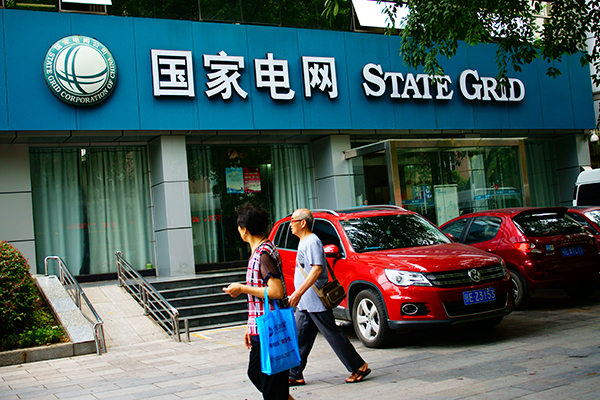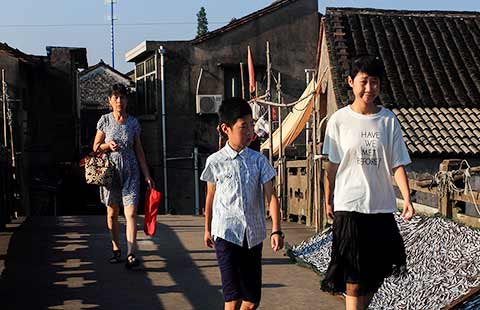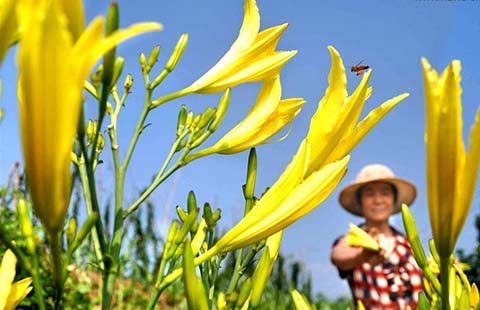Alarm bells after Ausgrid bids barred
By Zhao Yanrong (China Daily) Updated: 2016-08-13 07:35
 |
|
Pedestrians pass by a local branch of State Grid Corp in Yichang, Hubei province. [Photo provided to China Daily] |
Treasurer Morrison said electricity network included critical power services
The blocking of Chinese companies' attempts to buy a controlling stake in an Australian electricity grid has sounded the alarm for Chinese outbound investors regarding sectors deemed to be in the national interests of Western countries, an analyst said on Friday.
Australian Treasurer Scott Morrison on Thursday barred State Grid Corp of China and Cheung Kong Infrastructure Holdings Ltd from buying 50.4 percent of electricity distributor Ausgrid, which was valued at more than A$10 billion ($7.7 billion).
"Ausgrid's footprint includes critical power and communication services provided to businesses and government," said Morrison in Brisbane.
He said bidders had been given a week to respond, and he will make a final decision after reviewing any revised submissions.
Huang Rihan, a researcher at the Center for China and Globalization, said Chinese companies will face similar challenges regarding national security in the increasing outbound investment process.
Many developed countries have national security review systems on foreign acquisitions, particularly sectors regarded as being in their national interests and supporting peoples' livelihoods, said Huang, who is also the chief editor of the Politics and International Relations Forum.
"As the power grid deal exceeds 10 percent of the Australian company's shares, the Australian government will follow their policies to check the investors' background and details of the merger," he added.
Huang said Chinese investors need to do more investigation and to have sufficient communication with foreign companies and governments, before making acquisition decisions, as well as be fully prepared for possible national security reviews.
"China's outbound investments are mostly led by State-owned enterprises. But when they talk to their foreign partners or governments, they should be open about their business interests to win the trust of the other side," he added.
When US President Obama's administration last year raised concerns about a Chinese company buying a port in the northern Australian city of Darwin, where US Marines are based, the Australian Treasurer beefed up oversight of the sale of state assets.
He also subsequently blocked the sale of the S. Kidman & Co cattle station.
Morrison stressed that the national security concerns posed by the Ausgrid sale were "not country-specific and relate to the transaction structure and the nature of the assets".
Huang from CCG said there was a certain political influence behind the national security review.
"The relationship between China and Australia is relatively stable. But due to the pressures from their American ally, Australia has to pay more attention to reviewing Chinese investors," he added.
Bloomberg contributed to the story.
- Alarm bells after Ausgrid bids barred
- CSRC gears up for stock link
- China gives World Bank go-ahead for first renminbi-settled SDR bond
- China's government procurement exceeds 2t yuan in 2015
- Passenger car sales touch 30-month high
- AI to reserve business potential in Chinese market
- China's new yuan loans at 463.6b yuan in July
- China's FDI dips in July


















